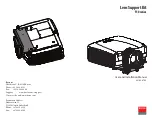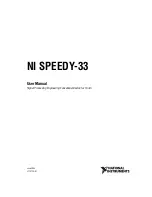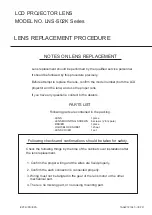
Mac
31
Mac
31
Mac
31
Mac
This mode is for use with an Apple Macintosh computer that is not connected to an
external MIDI interface unit. The CBX-D5 can be connected directly to one of the Apple
Mac's serial (RS-422) ports.
1)
Connect the CBX-D5’s “TO HOST” connector to one of the Apple Mac’s serial ports
using the “Mac” connecting cable shown on page 33.
2)
Set the CBX-D5’s “HOST SELECT” switch to Mac.
3)
Switch on the Apple Mac and the CBX-D5.
4)
Start the Apple Mac music software.
Your music software will probably require you to specify the type of MIDI interface you
are using. You should specify “Standard MIDI interface”. If it has a “MIDI Time Piece
option”, turn it off. If your software also requires you to specify the data rate, select 1MHz.
The table below explains how MIDI signals are handled in “Mac” mode. MIDI data is
carried to and from the computer via the “TO HOST” connection.
Connection
Function
Details
TO HOST
RECEIVE
MIDI data is input, processed, then fed to
the MIDI OUT port.
Synchronized. Data format: 8 bit, 1 stop
bit, no parity. 1MHz clock from CBX-D5 to
serial ports' HSKi data pin.
SEND
MIDI data received at the MIDI IN port is
output.
When the CBX-D5 is transmitting its Bulk
Dump data to the host computer, data
from the MIDI IN port is not sent to the host
computer. Any MIDI data received while a
Bulk Dump is in progress will be ignored.
MIDI IN
MIDI data received is output to the TO
HOST SEND.
The CBX-D5 does not respond to the MIDI
data appearing at the MIDI IN port, but to
the MIDI data from TO HOST RECEIVE.
MIDI OUT
MIDI data received at the TO HOST
RECEIVE is output.
MIDI THRU
MIDI data appearing at the MIDI IN port is
fed directly to the MIDI THRU.
MIDI
THRU ON
SERIAL
PORT
TO HOST
MIDI OUT
OTHER MIDI
DEVICES
CBX-D5
MIDI IN
MIDI OUT
MIDI IN
HARD
DISK
SCSI
SCSI
















































